Research and resources on social cohesion theory and best practice.
The Belong Network Library
Research and resources on social cohesion theory and best practice.
Research and resources on social cohesion theory and best practice.
Research and resources on social cohesion theory and best practice.
The Belong Library is free to access and brings together a wide range of online resources produced by the public, private and civil society sectors to build the evidence base around social cohesion.
It is regularly updated and includes:
Please contact us if you are unable to find what you need – we’d be delighted to help.
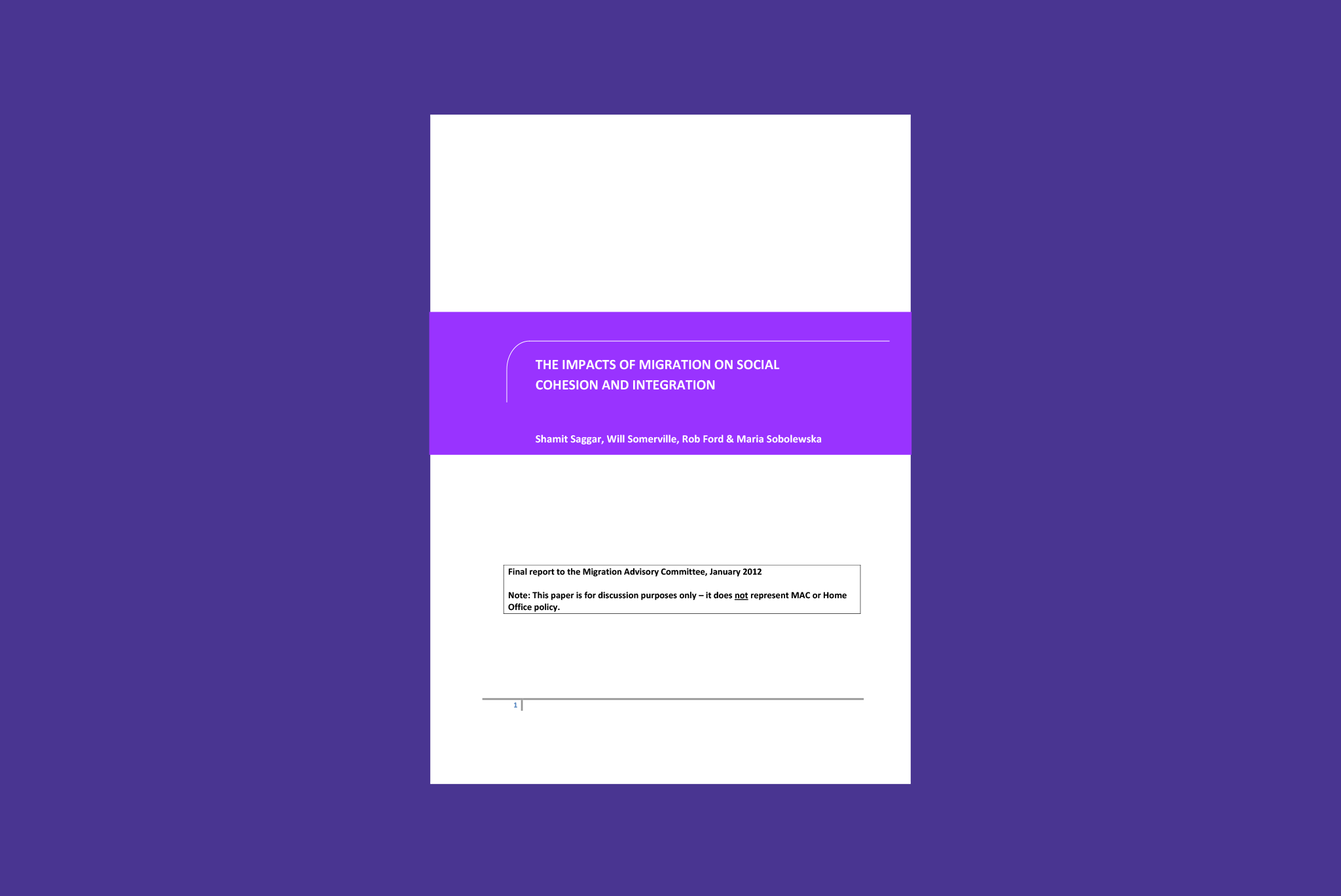
This report explores migration and social cohesion through the themes of 'Britishness', economic impact and neighbourhoods. It concludes that in some areas, what makes the difference in relation to hostility to new arrivals is socio-economic deprivation. This doesn’t, of course, explain antipathy towards migrants in more prosperous areas.
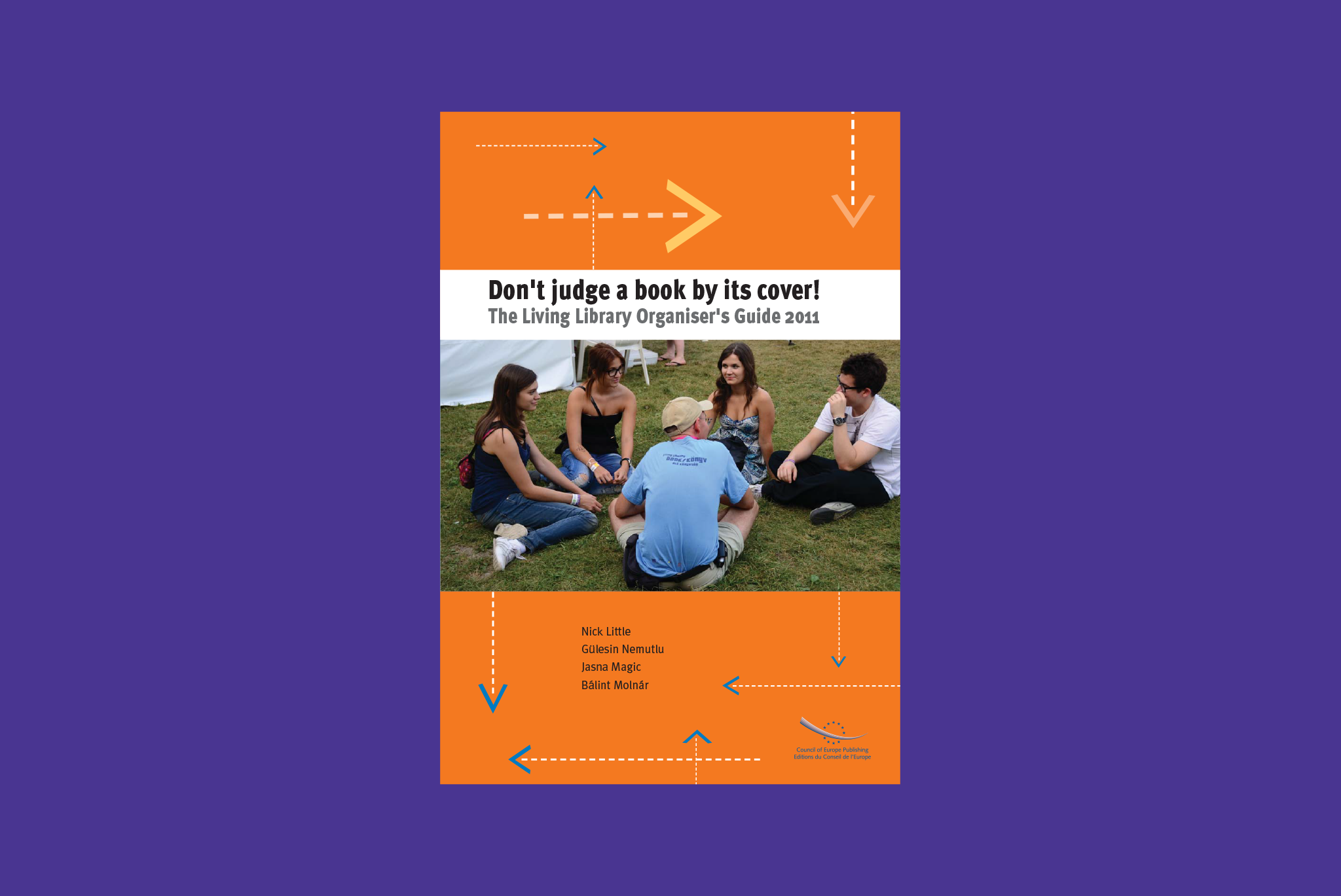
Living libraries are like normal libraries, where visitors can browse titles, choose books they want to read, and borrow them. The only difference is that in the Living Library, books are people, and reading consists of a conversation. Living Libraries seek to challenge prejudice and discrimination.
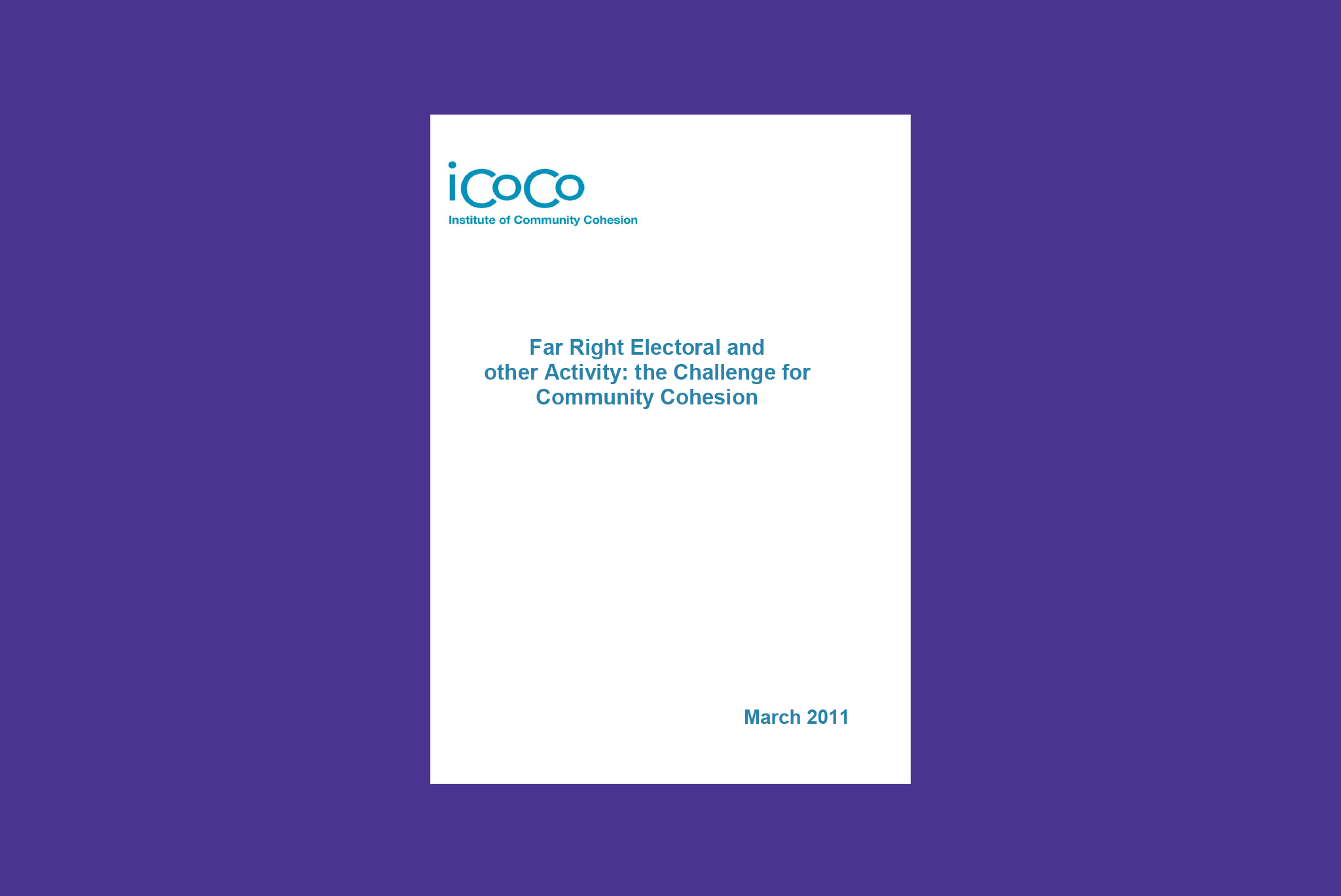
This report from the Institute for Community Cohesion (iCoCo) was published shortly before the extreme right-wing British National Party began to implode, a situation which would see contemporary narratives celebrating the demise of the far right. It has some good analysis of right-wing politics and the enduring factors motivating citizens to be attracted to such ideology. Arguably its cautionary analysis has been prophetic.
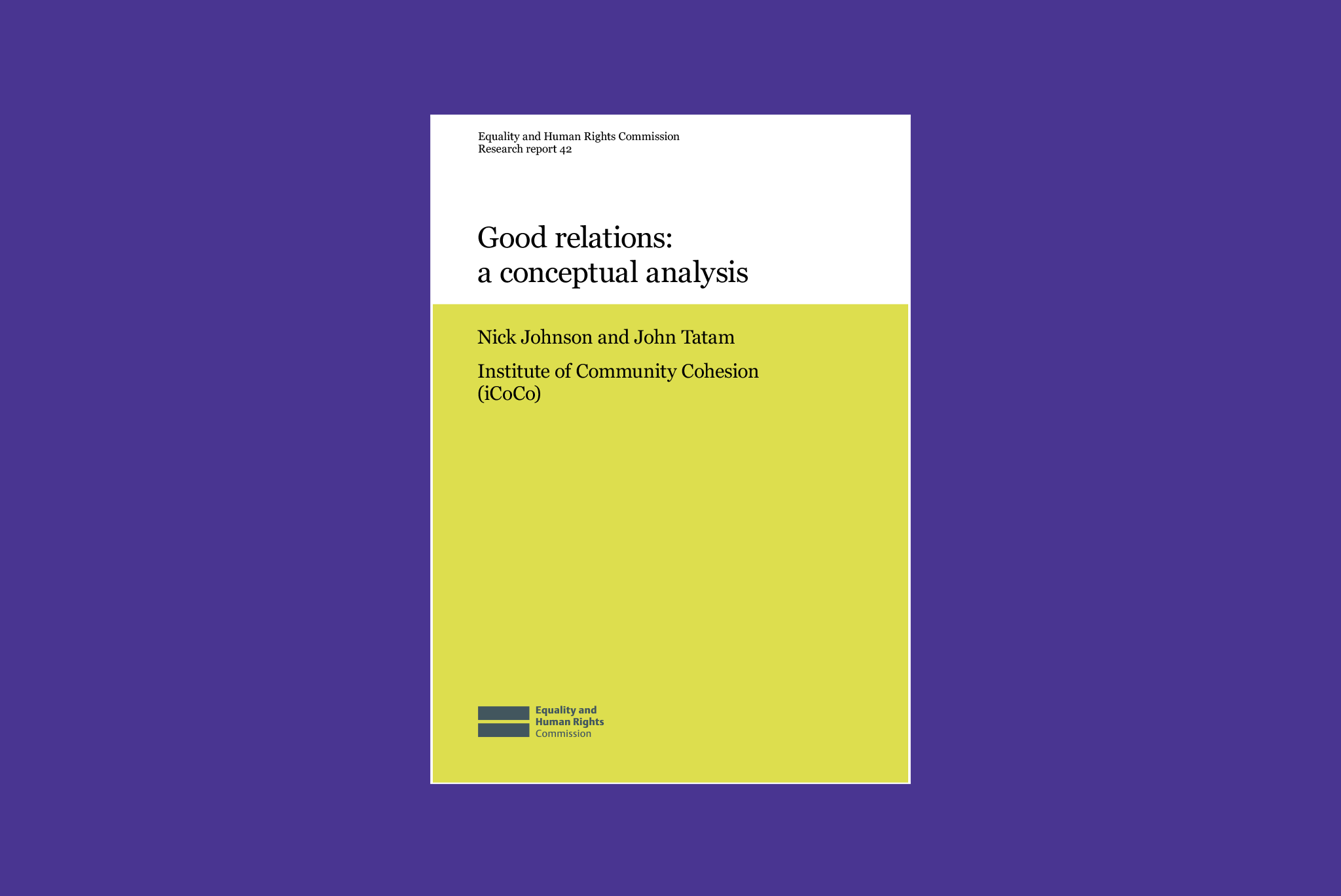
This report provides a measurement framework for good relations.
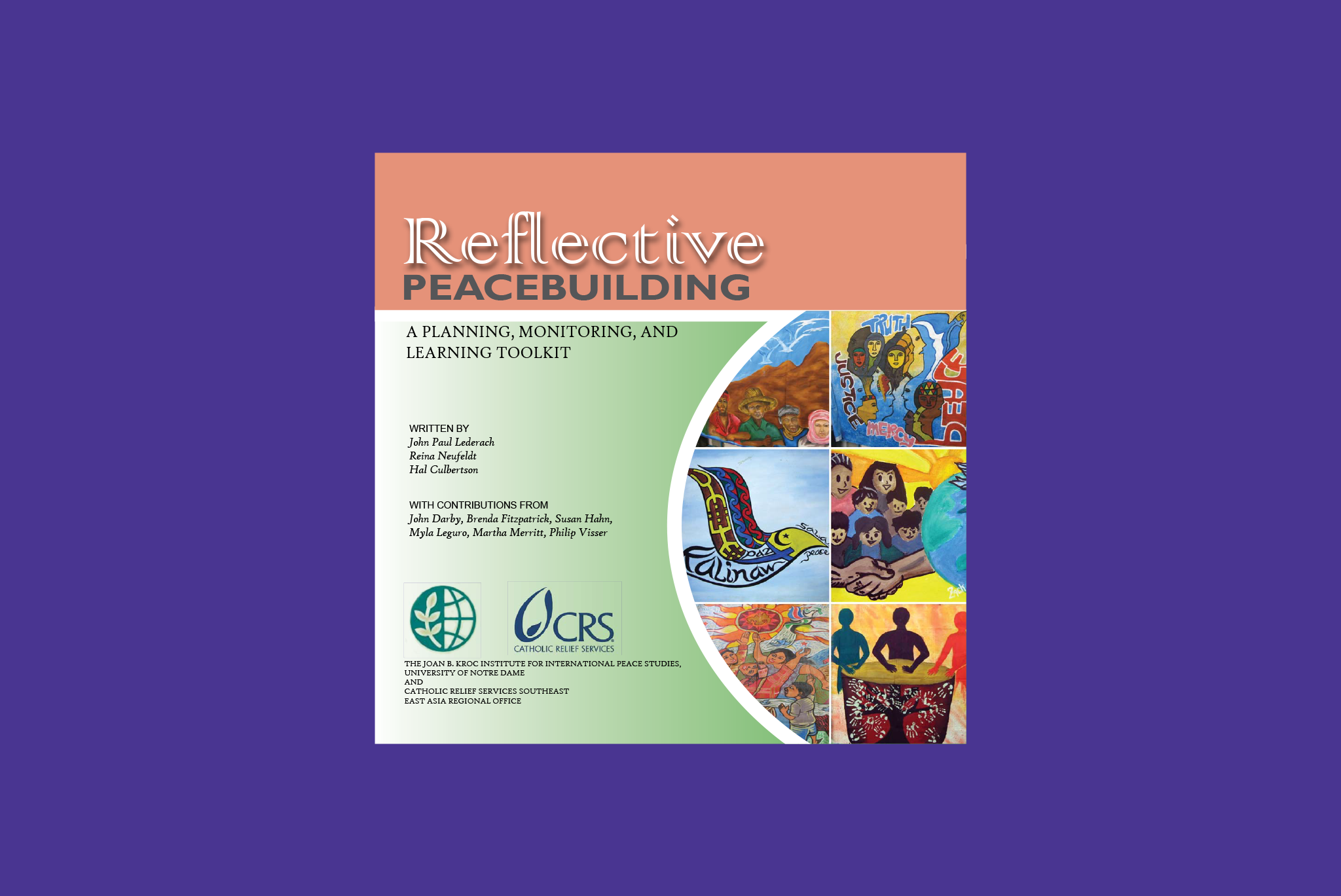
Although this toolkit is aimed at those working in peacebuilding internationally, it offers useful and accessible tools for anybody working in communities where there are tensions, and where organisations are seeking to bring about attitudinal and behavioural change. It is written by the veteran conflict transformation professional and scholar, John Paul Lederach.
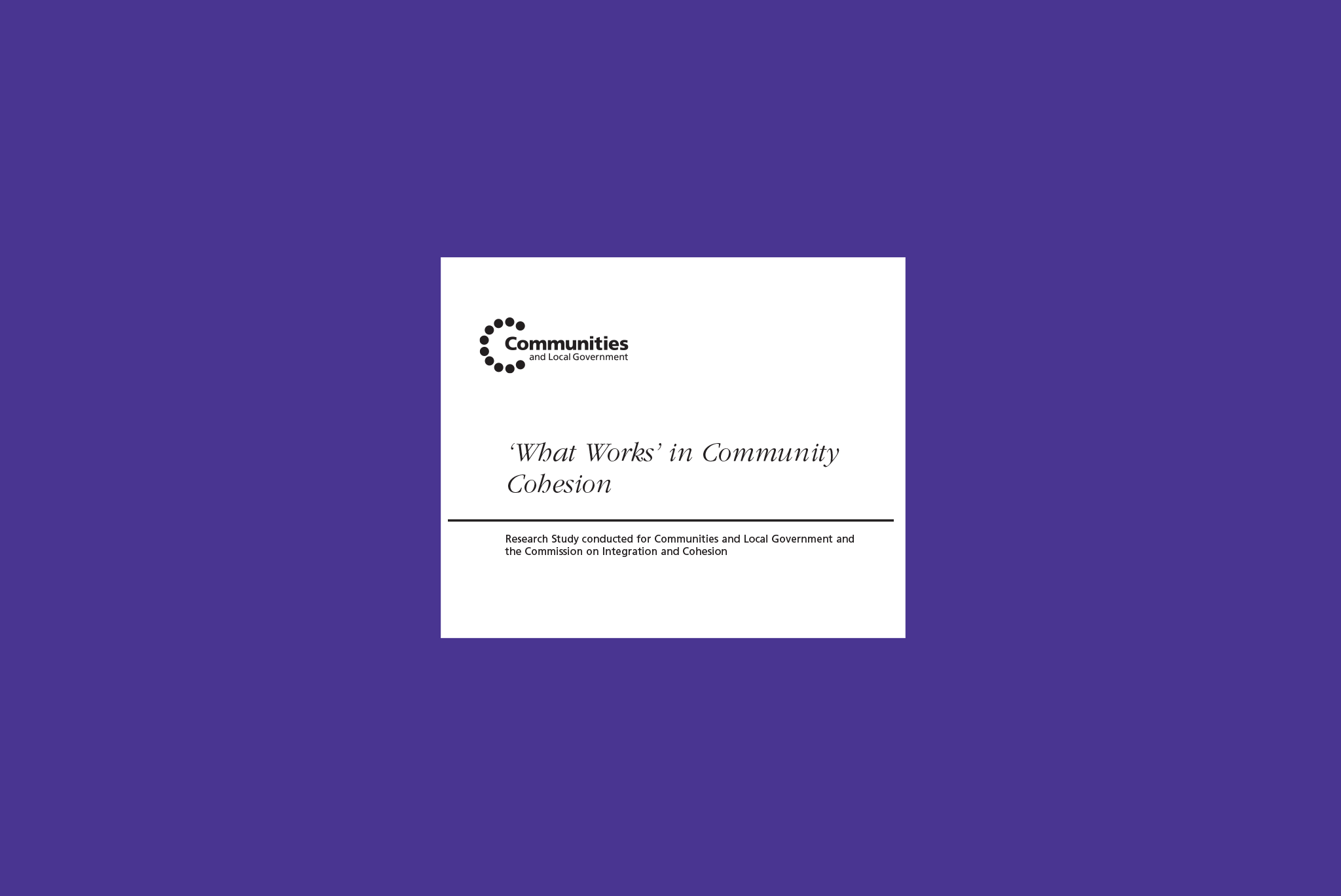
This is a detailed exploration of what works in community cohesion, covering a whole range of areas, including language learning, easing tensions in communities, supporting socio-economic wellbeing, and myth busting. It includes some insights from evaluations previously carried out in the field of community cohesion in different parts of the country. This document will be useful for those seeking to understand community cohesion in its full scale and scope.
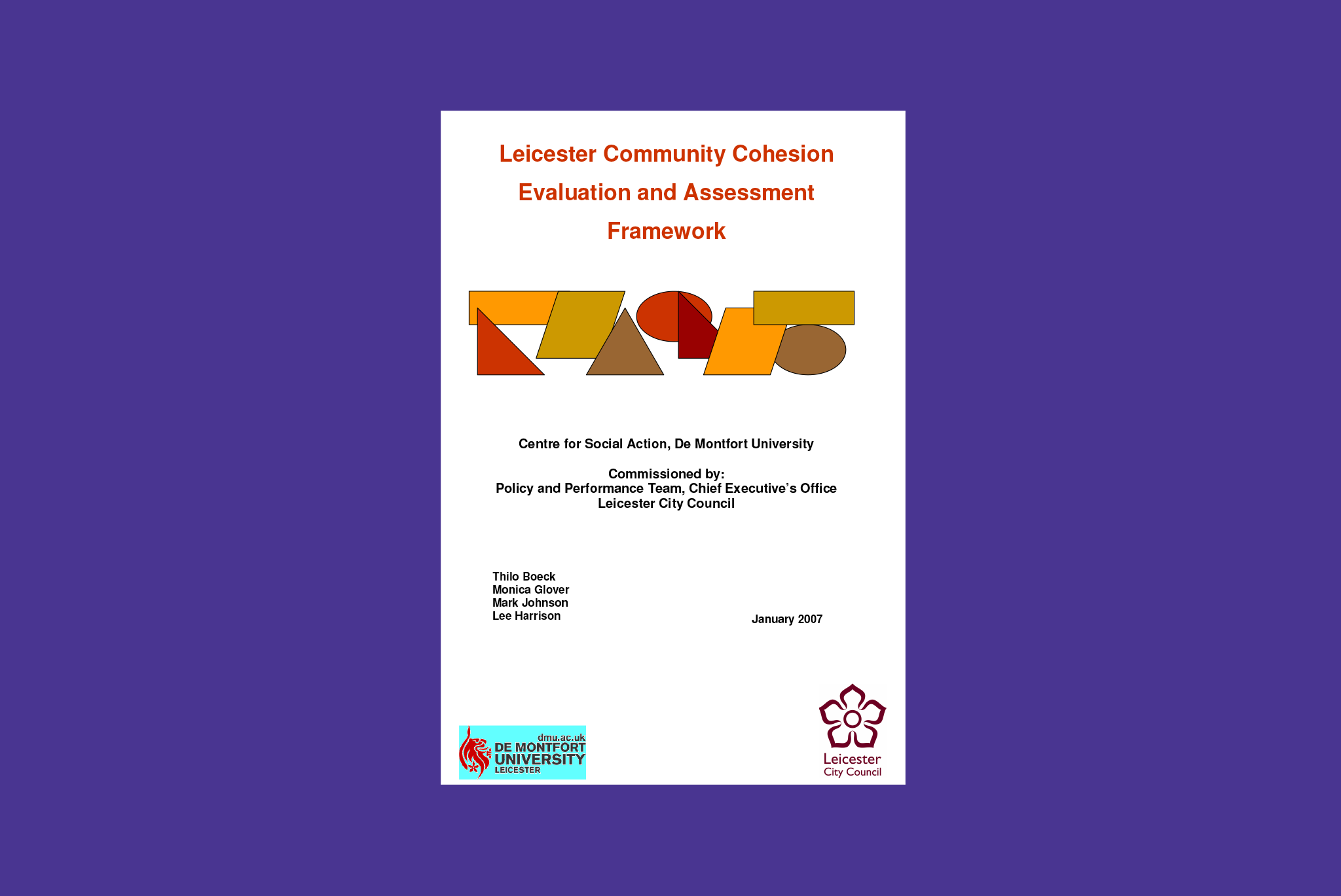
This is a practical tool for assessing community cohesion, developed by de Montfort University with Leicester City Council. It’s a useful and practical way into understanding how people in different communities are getting on and what the drivers of tensions might be.
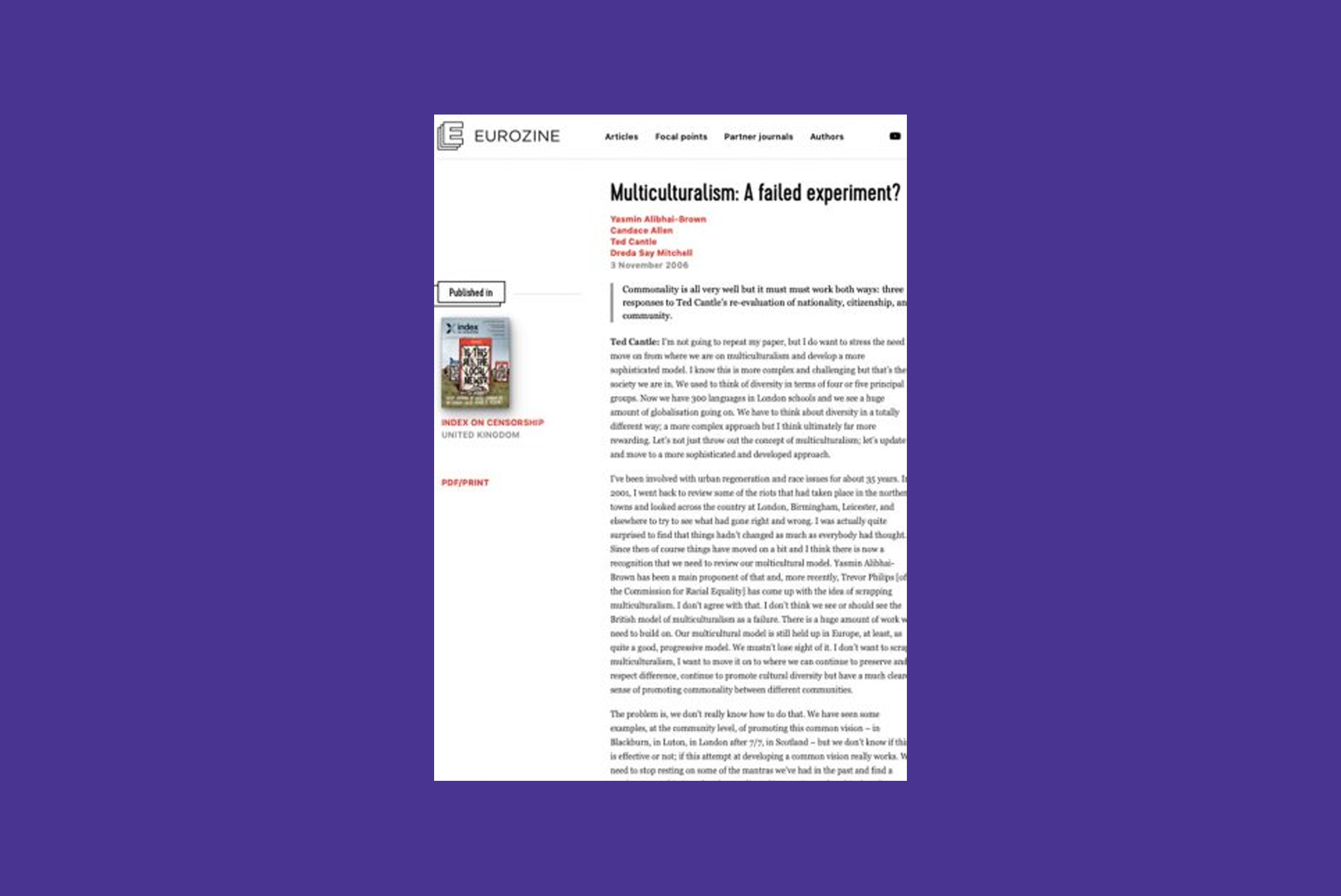
This short paper captures a lively discussion on multiculturalism between four thinkers. They highlight the fact that multiculturalism can be a positive and progressive agenda, but that there are often complexities hiding not far below the surface, related to, for example, racism and social class.
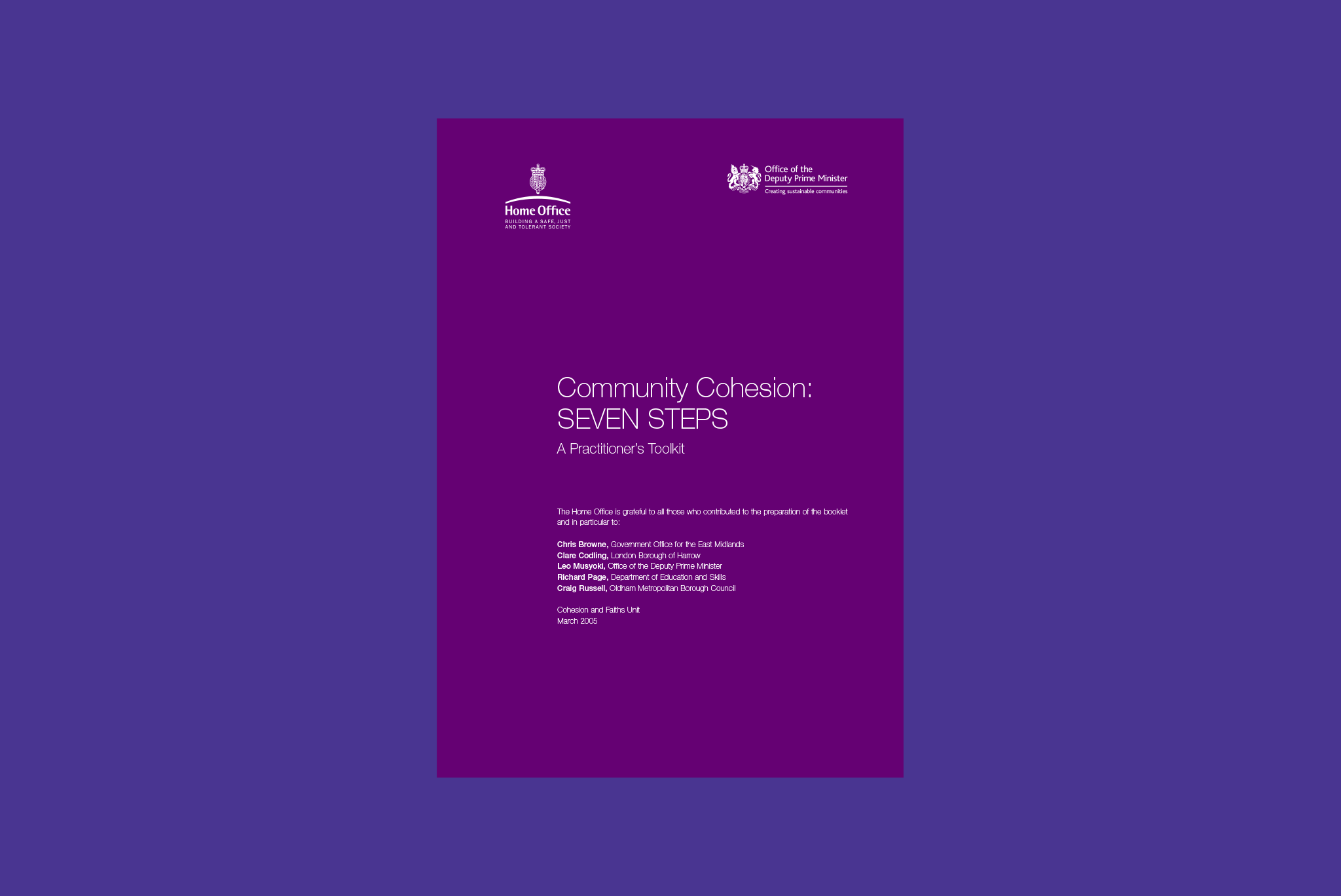
This practical guide, produced by the Home Office and published in 2005, identifies seven steps to developing community cohesion. Despite having been published some time ago, the tips and advice on planning projects and activities are still relevant today.
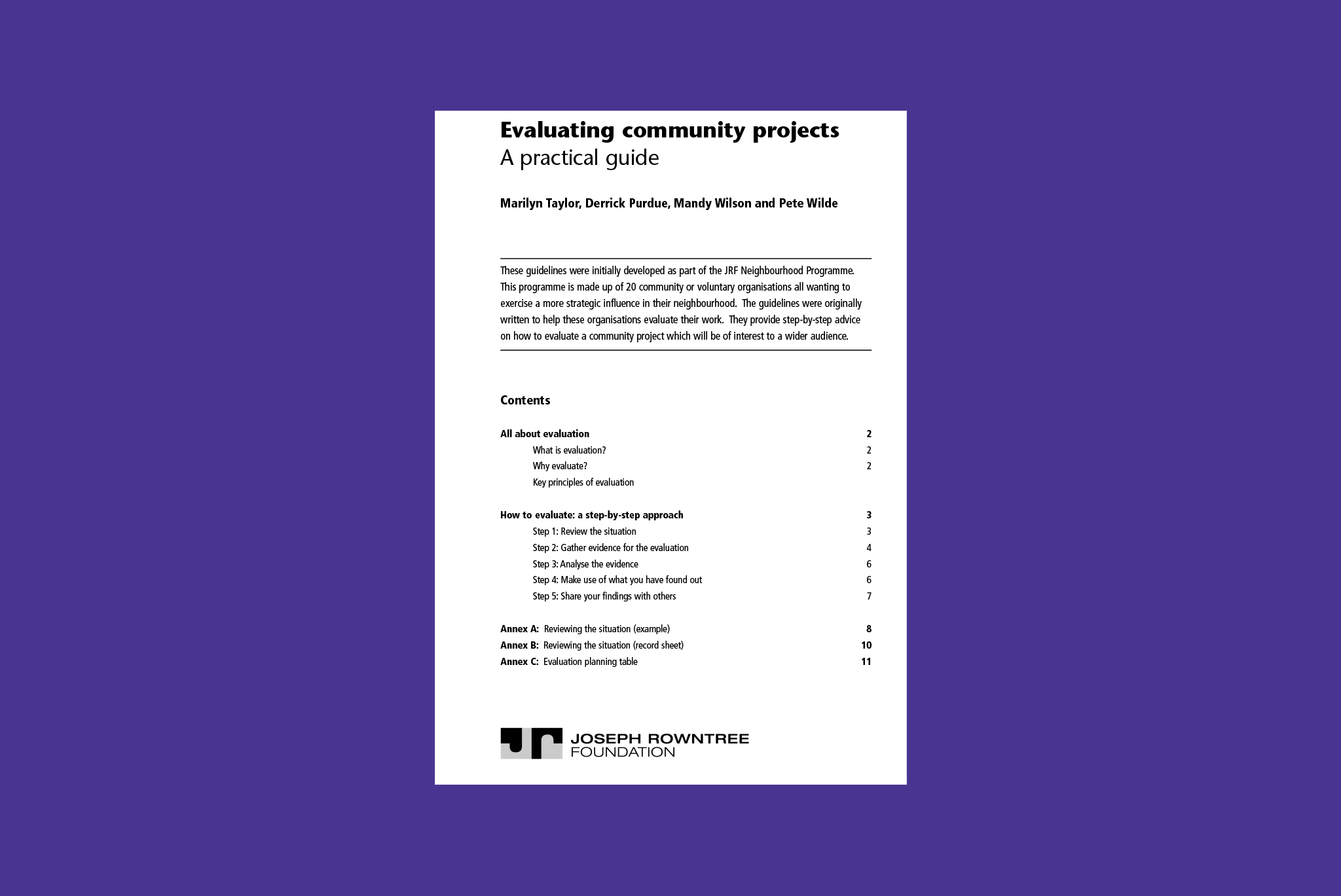
A short and basic step-by-step guide to carrying out evaluation. Suitable for small community groups and voluntary sector organisations. Includes a useful evaluation planning template that can be printed out and used to help design an evaluation process.